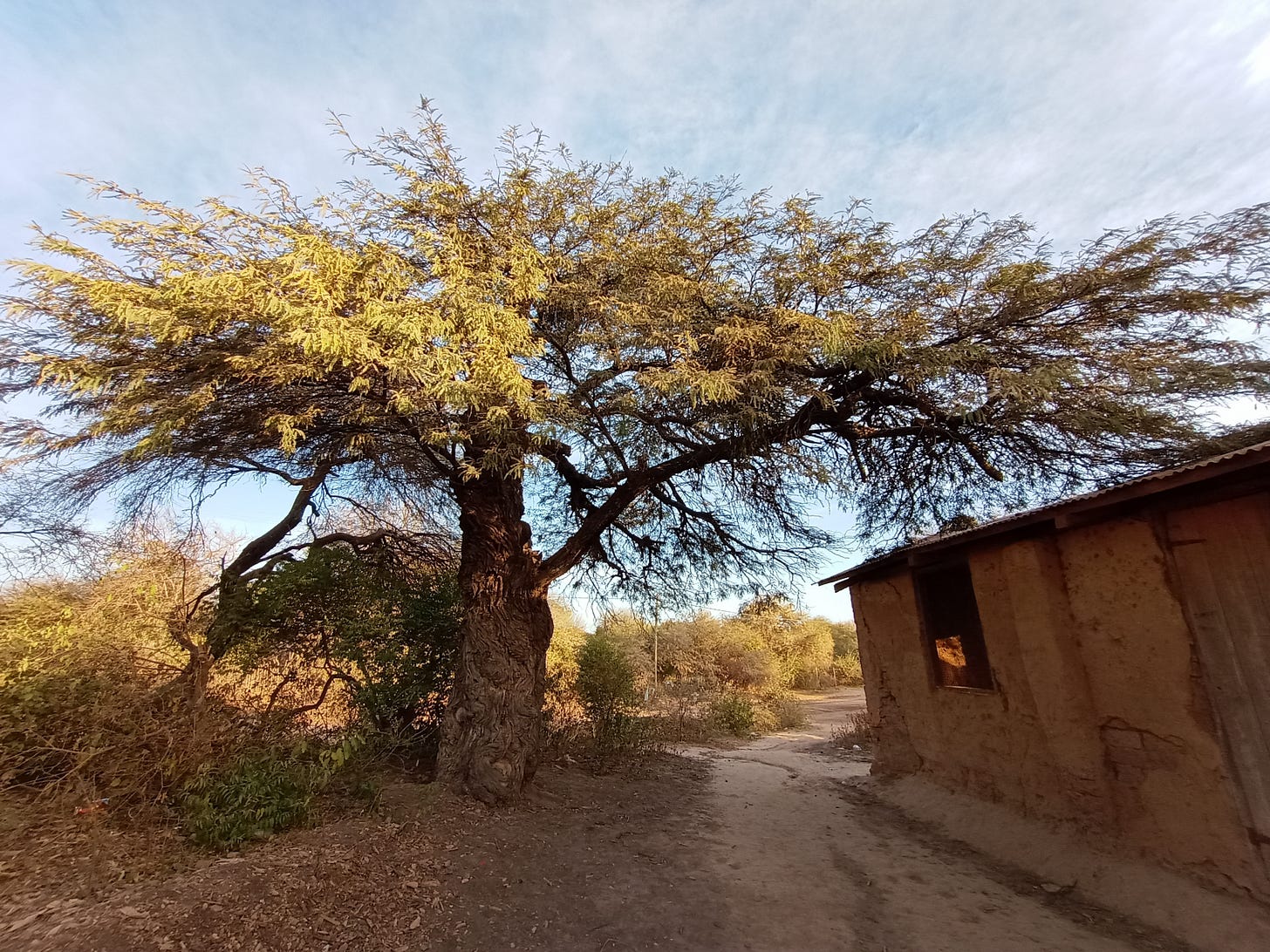The Ship’s Log: Human rights journalism, like medicine, should do no harm
Reporters covering abuse, violence and trauma must be more sensitive to their sources' pain
The Ship’s Log is a series of reflections and short diary entries about journalism and the Pirate Wire Services crew’s news beats for our paying subscribers. If you’d like to read the full piece, paid subscriptions start from just $5 per month, and if you’re paying already - thank you!
The gurgling of the baby girl in her mother’s arms is the only sound except for the tweeting of the birds in the trees. It’s a happy gurgle, as if the effort of making the sound is innately pleasurable. The women gathered in the yard outside the humble brick house smile wistfully at this: I guess they, like I, are wondering whether she is old enough yet to understand our conversation, which is anything but happy.
I’m in a tiny Indigenous Wichí community in Argentina’s corner of South America’s Gran Chaco, interviewing these women about the sexual violence that their community has endured. The problem is so pervasive that it affects almost every aspect of their lives: their identities, their physical integrity, their ability to form families. In January, a 12-year-old girl was murdered here and dumped by the roadside. Some of them have taken the decision to talk to me, but it isn’t easy: for them to describe their experiences, or for me to put my questions into words in a way that feels appropriate.


